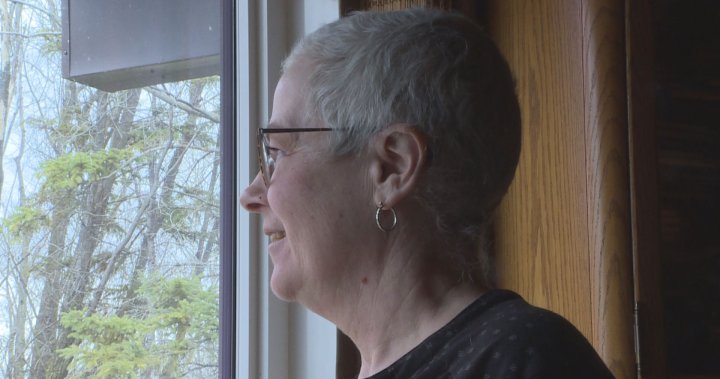In 2015, Sandra Hajlo of Winnipeg Beach was diagnosed with stage four B-cell lymphoma after suffering from debilitating back pain for months. After undergoing chemotherapy, she was declared cancer-free. However, eight years later, the pain returned and she was diagnosed with cancer again. Her doctor recommended a different type of treatment called chimeric antigen receptor (CAR) T-cell therapy, which she qualified for. The therapy involved modifying cells to target cancer cells and reintroducing them to the patient in a blood transfusion-like procedure. The treatment, while not guaranteeing survival, can be life-saving for some patients.
The process of CAR T-cell therapy involves collecting the patient’s cells and sending them to a manufacturing facility where they are modified to target cancer cells. The modified cells are then frozen, shipped back to the patient’s location, and reintroduced in a simple procedure. While the therapy doesn’t work for everyone, it has shown promise in curing certain patients who historically would not have survived their cancer. The therapy is expensive, and oncologists follow strict criteria to determine eligibility. There is hope that Manitoba could establish its own T-cell manufacturing facility to provide this treatment locally and to other centers.
Dr. David Szwajcer, a Manitoba Blood & Marrow Transplant Director with CancerCare Manitoba, explains that CAR T-cell therapy is changing the treatment paradigm for certain types of cancer. As technology advances, more patients may become eligible for this type of treatment, raising questions about the goal of cancer treatment. While the intent of CAR T therapy is not always curative, it can prolong life and provide the best care possible for patients. For Sandra Hajlo, receiving CAR T-cell therapy in 2023 proved successful, and she was declared cancer-free for a second time. She credits her medical team for the successful treatment and her second chance at life.
Overall, CAR T-cell therapy offers hope for patients with certain types of cancer who may not have had effective treatment options in the past. While the therapy is not a guarantee of survival, it has shown promising results in curing some patients who previously had limited options for treatment. As advancements in technology continue, more patients may become eligible for CAR T-cell therapy, and establishing local manufacturing facilities could improve access to this innovative treatment. The goal of cancer treatment may vary for each patient, but providing the best care possible and supporting patients and their families throughout their illness remains a top priority for medical professionals like Dr. Szwajcer and his team at CancerCare Manitoba.


